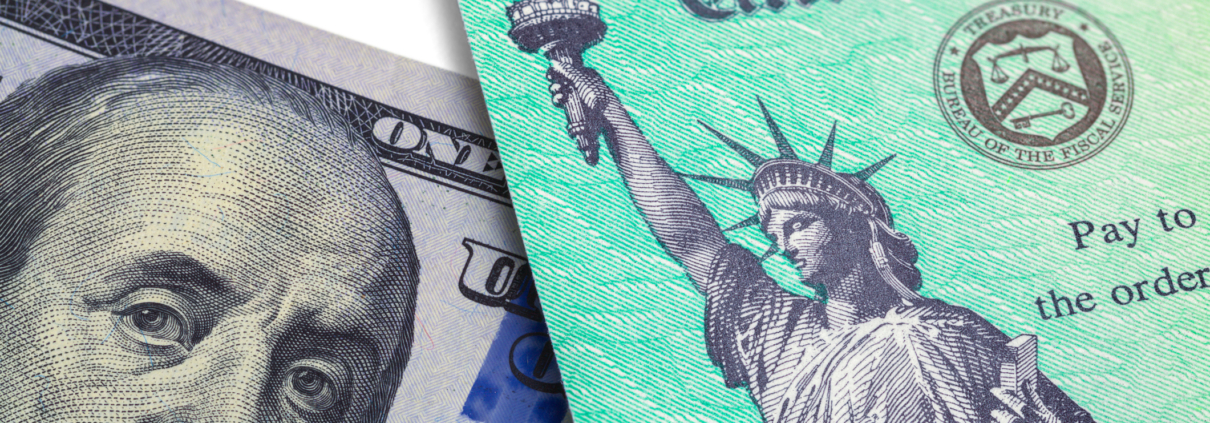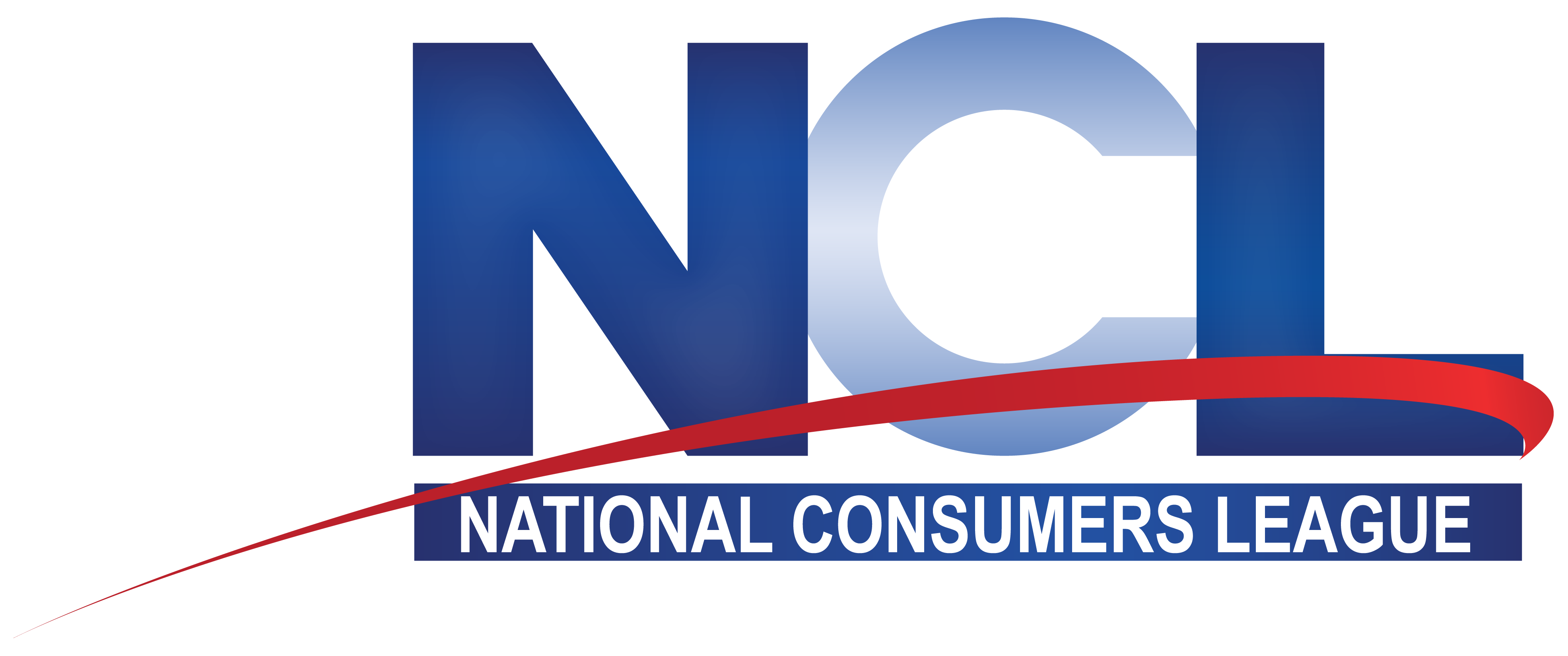Advocates warning new wave of stimulus check scams headed our way
By the time you read this, the United States Congress is likely to have had its first votes that could ultimately lead to the passage of a third COVID-19 pandemic stimulus bill. If the bill becomes law, which seems likely, millions of consumers will be in line to receive another round of stimulus payments of as much as $1,400. In fact, many consumers are still awaiting stimulus checks from the second COVID-19 relief bill that Congress passed late last year.
With each new round of stimulus payments since the pandemic began last March, scammers have sought ways to defraud consumers out of their checks, their personal information, or both. With that experience in mind, and with potentially larger stimulus checks on the way, we expect the fraudsters will be up to their old tricks.
The best way for consumers to avoid falling victim to these scams is to understand some simple rules about receiving the checks:
- For the vast majority of consumers, you will not need to do anything in order to receive the checks. They will either be direct deposited into your bank account, or you will receive a paper check, or a prepaid debit card in the mail.
- There is no way to get the check “early.” While it may be tempting to believe someone who says that they can get you your payment as soon as possible, know that they are only trying to scam you.
- The IRS will not contact you to confirm your information. After previous rounds of stimulus, scammers sent out convincing-looking emails and text messages claiming to be with the IRS. These messages encouraged consumers to click on a link where personal information like bank account routing information, Social Security Numbers, or other sensitive data were harvested.
- To obtain the most up-to-date information about the status of your stimulus check, visit the IRS’ “Get My Payment” page here.
- Beware of scammers impersonating the IRS or other government agencies who claim you were “overpaid” and demand you send money back to them.
If you or someone you know has been a victim of a stimulus check scam or any other type of fraud, we urge you to file a complaint at Fraud.org via our online complaint form.








